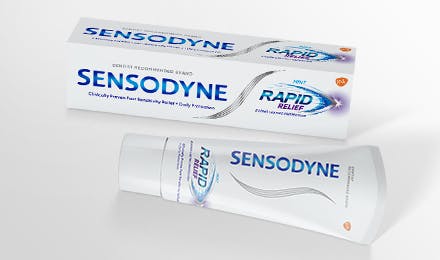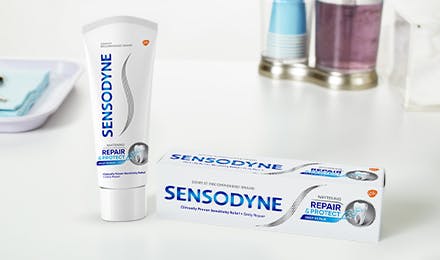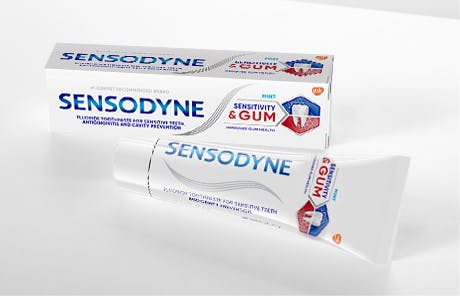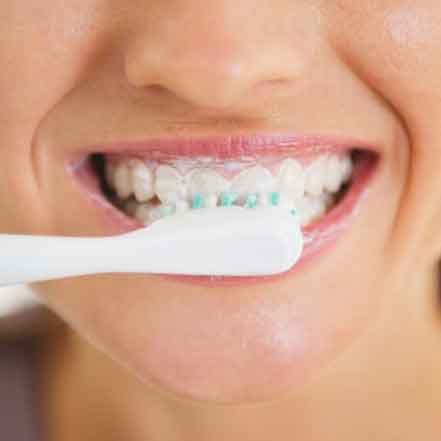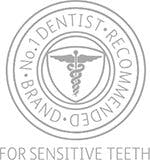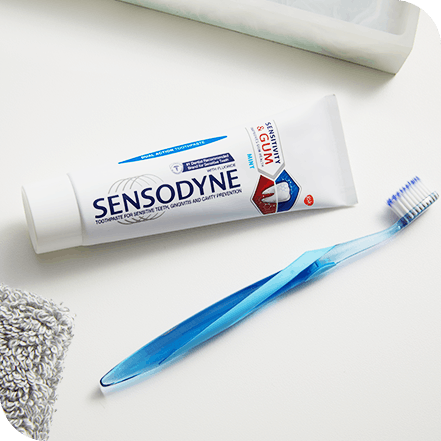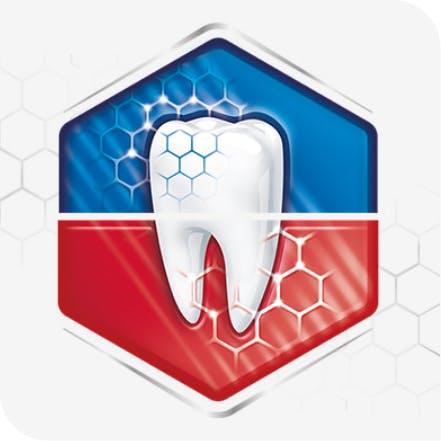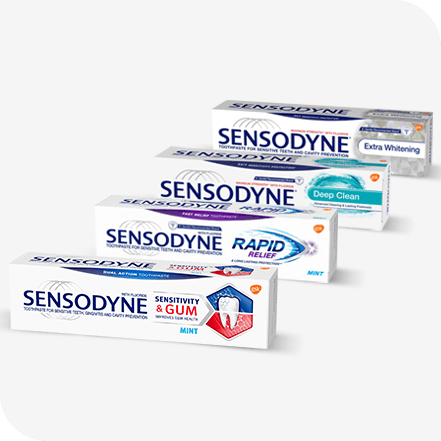How to Get Relief from Cavity Pain

Dental cavities, also referred to as caries, are areas of tooth decay that can cause significant discomfort. They're formed due to a combination of factors, including bacteria, acid, food, sugars and poor oral hygiene, which lead to the breakdown of tooth enamel. While cavities can be painful, understanding their causes and knowing how to seek both immediate and long-term relief can be beneficial.
Immediate Relief Options
Cavity pain can strike unexpectedly, and when it does, it can be both sudden and intense. Whether you're in between dental visits or waiting for a scheduled appointment, immediate pain relief becomes paramount. While it's essential to consult with a dental professional for persistent discomfort, there are several remedies and over-the-counter solutions that can offer temporary respite. Let’s explore various immediate relief options to alleviate the distress caused by cavity pain.
- Consult a dentist. Visiting a dental professional is the most reliable way to address cavity pain. They can provide a thorough assessment and recommend the most appropriate solution among treatments like fillings, crowns, or even root canals.
- Take over-the-counter oral analgesics or topical pain relief:
- NSAIDs: Drugs like ibuprofen and naproxen can target inflammation. They can be taken alone or combined with acetaminophen.i
- Acetaminophen: Effective for pain relief, but there's a risk of liver toxicity if consumed above 4,000 mg per day.i
- Use a mouth rinse that offers topical pain relief. These can offer temporary immediate relief, especially those containing local anesthetics like lidocaine or benzocaine.ii
- Numbing gels. Over-the-counter numbing gels can be directly applied to the affected tooth.iii
- Avoid extreme temperatures. Extremely hot or cold foods and drinks can intensify cavity pain and should be consumed with caution.iv
Long-Term Cavity Pain Relief
Immediate remedies can only offer temporary relief from the discomfort of cavity pain; they are not a lasting solution. Persistent pain or untreated cavities can lead to more severe dental issues over time. It's crucial to understand and opt for long-term treatments that address the root cause of the pain and prevent further oral disease. These are the various comprehensive treatments and procedures that ensure cavity pain relief and protect your oral health:
- Fillings. The dentist will remove the decayed portion of the tooth and fill it.
- Crowns. If the tooth's structure is significantly damaged, a crown, or cap on top of the tooth may be required.v
- Root canals. This is necessary if the pulp (nerve center) of the tooth is infected and is followed by placing a crown.v, vi
Preventative Measures
Prevention is always better than cure, especially when it comes to dental health. Taking proactive steps to maintain a healthy oral environment can significantly reduce the risk of developing cavities in the first place. By incorporating good dental habits and being aware of factors that contribute to tooth decay, one can effectively keep painful cavities at bay:
- Regular dental visits. Periodic check-ups and professional cleanings are crucial.
- Good oral hygiene. Brushing and flossing regularly can prevent cavities. Using fluoride products can further enhance protection.
- Dietary choices. Reducing the intake of sugary and starchy foods can help. Consuming vegetables is a healthier option.
Although cavities can be disruptive, various treatment options offer relief. Preventative measures, such as regular dental check-ups, good oral hygiene, and informed dietary choices, are the best strategies to avoid cavities and associated pain. Remember, the information provided here is general advice. It's essential to consult a dentist for personalized recommendations and treatments.


